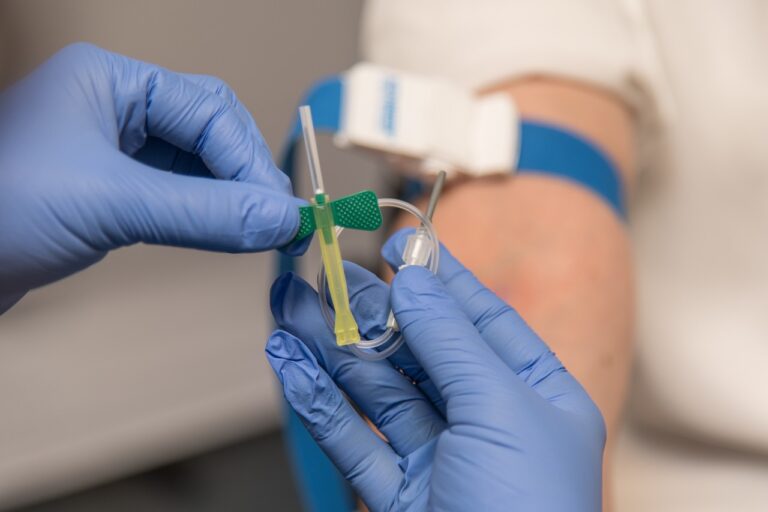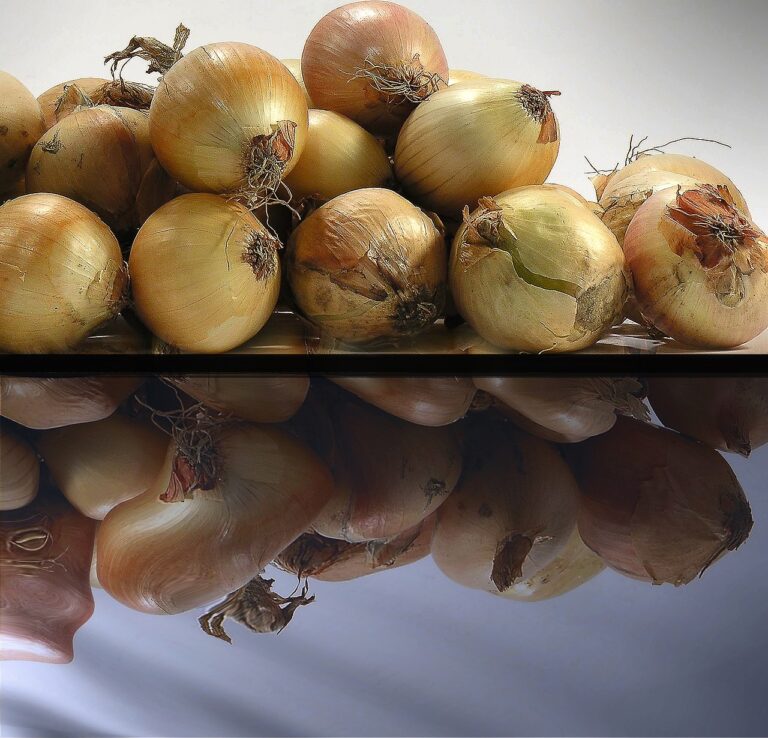Biotech Approaches to Combatting Foodborne Illnesses: Goldbet6, Tigerexch, Betbook247 app
goldbet6, tigerexch, betbook247 app: Biotech Approaches to Combatting Foodborne Illnesses
Foodborne illnesses are a major public health concern, affecting millions of people around the world each year. From E. coli to salmonella, the pathogens responsible for these illnesses can have devastating consequences. However, biotechnology offers a promising solution to combatting foodborne illnesses and ensuring the safety of our food supply.
1. Understanding the Problem
Foodborne illnesses are typically caused by the consumption of contaminated food or water. Bacteria, viruses, parasites, and toxins are the most common culprits, with symptoms ranging from mild gastrointestinal discomfort to severe illness and even death.
2. Traditional Methods Fall Short
Traditional methods of preventing foodborne illnesses, such as cooking food thoroughly and practicing proper food hygiene, are essential but not foolproof. Contamination can still occur at any stage of the food production process, making it challenging to eliminate the risk entirely.
3. Biotech to the Rescue
Biotechnology offers innovative approaches to combatting foodborne illnesses by targeting the pathogens themselves. From genetic engineering to the development of novel antimicrobial agents, biotech tools can help enhance food safety and reduce the risk of contamination.
4. Genetic Modification
Genetic modification of food crops can help make them more resistant to pathogens, reducing the likelihood of contamination during cultivation and processing. For example, scientists have engineered tomatoes with enhanced resistance to bacteria like salmonella, helping to safeguard against foodborne illnesses.
5. Novel Antimicrobial Agents
Researchers are also exploring the development of novel antimicrobial agents to prevent and control foodborne pathogens. These agents can be added to food products or used during processing to kill harmful bacteria and reduce the risk of contamination.
6. Rapid Detection Methods
Biotechnology has revolutionized the field of food safety by enabling the rapid detection of foodborne pathogens. Technologies like polymerase chain reaction (PCR) and next-generation sequencing can quickly and accurately identify pathogens in food samples, allowing for prompt intervention to prevent outbreaks.
7. Probiotics and Prebiotics
Probiotics and prebiotics are another biotech approach to combatting foodborne illnesses. Probiotics are beneficial bacteria that can help restore the balance of gut flora and strengthen the immune system, while prebiotics are non-digestible fibers that promote the growth of beneficial bacteria in the gut.
FAQs
Q: Are biotech approaches safe for consumption?
A: Yes, biotech approaches to combatting foodborne illnesses undergo rigorous testing to ensure their safety for consumption.
Q: How can consumers help prevent foodborne illnesses?
A: Consumers can help prevent foodborne illnesses by practicing good food hygiene, cooking food thoroughly, and supporting regulations that promote food safety.
Q: What role can biotechnology play in the future of food safety?
A: Biotechnology will continue to play a critical role in the future of food safety, offering innovative solutions to prevent and control foodborne illnesses.
In conclusion, biotechnology offers promising approaches to combatting foodborne illnesses and ensuring the safety of our food supply. From genetic modification to novel antimicrobial agents, these biotech tools have the potential to revolutionize food safety and protect public health. By embracing these innovative solutions, we can work towards a future where foodborne illnesses are a thing of the past.







